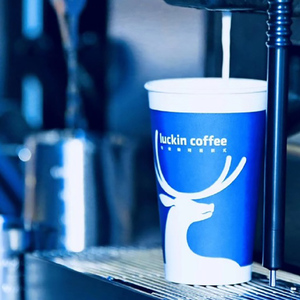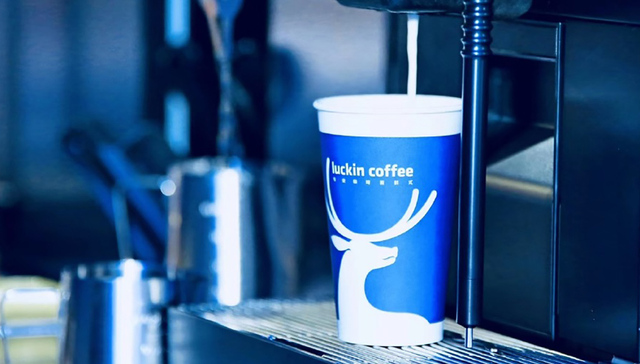By ZHAO Xiaojuan
On the night of April 2 local time, the China-based coffee chain admitted that it had found 2.2 billion yuan (US$310 million) of fabricated sales in 2019. Its pre-market price plunged 80 percent, wiping out $6.6 billion of market value. A circuit breaker was triggered as the US market opened, by which time the stock was down by 74.5 percent. Trading has since resumed.
In a document submitted to regulators, the company disclosed that aggregated sales associated with fabricated transactions amounted to 2.2 billion yuan from the second quarter of 2019 to the fourth quarter of 2019.
Some related costs and expenses during this period were also significantly inflated. Issues were raised to the company’s board during the audit of consolidated financial statements for the fiscal year that ended December 31, 2019.
A committee was formed to oversee an internal audit and brought to the Board’s attention that COO Liu Jian and several employees reporting to him had fabricated transactions from beginning in the second quarter of 2019. The committee recommended the suspension of Liu and other individuals. It also recommended that contracts and dealings involved in the fabricated transactions be suspended.
The board has accepted and implemented these recommendations and indicated that it will take other appropriate action, including instituting legal proceedings against those involved.

These preliminary findings have not been verified by independent auditors and are subject to change as the investigation continues. The company is evaluating its past financial disclosures and overall financial prospects. This could be a fatal blow to the company’s trustworthiness. The document warns that investors should not rely on the company’s financial statements and earnings releases for the first three quarters of 2019. Other communications regarding these disclosures, as well as guidance on net revenue for the fourth quarter can no longer be considered reliable either.
Luckin Coffee has not yet responded to Jiemian’s request to comment, but “liked” this news when it appeared on Sina Finance.
Liu has previously kept a low profile. His first public appearance with Luckin Coffee was in September 2019, at the launch of Luckin Tea. In the same month, he introduced a series expansion plans and retail partnership models for the new brand.
There has long been skepticism about Luckin’s performance, most recently in January this year, when short-seller Muddy Water Research said it had received “an unattributed 89-page report alleging fraud.” The report claimed that after its US$645 million IPO, the company has fabricated financial and operating numbers.
To author of the report claimed to have “mobilized 92 full time and 1418 part-time investigators,” “gathered 25,843 receipts,” and collected a large amount of internal WeChat communication. It concluded that the number of items sold per store per day was inflated by 69 percent and 88 percent in the third and fourth quarters respectively, which is supported by 11,260 hours of store traffic video.
In response, Luckin Coffee denied all the allegations. It contended that the report’s methodology was “flawed” and its evidence “unsubstantiated,” and the allegations are “unsupported speculations and malicious interpretations” of company events.
Liu Erhai, founder and managing partner of Joy Capital and an early investor in Luckin Coffee, told reporters in an interview on March 11: “Venture capital focuses on the long term - we are talking about a five to ten-year window. We are definitely willing to support a company if its fundamentals look good, even if it faces challenges at the current stage. What we can do, for example, is provide additional investment or other transitional support for its cash flow.”
Liu Erhai was also a member of Luckin’s audit committee, but stepped down in late March. According to a Luckin press release on March 27, the move was only to comply with securities regulations. The Securities Exchange Act requires that audit committees consist only of independent directors after one year from the effective date of the registration of the company's IPO.





